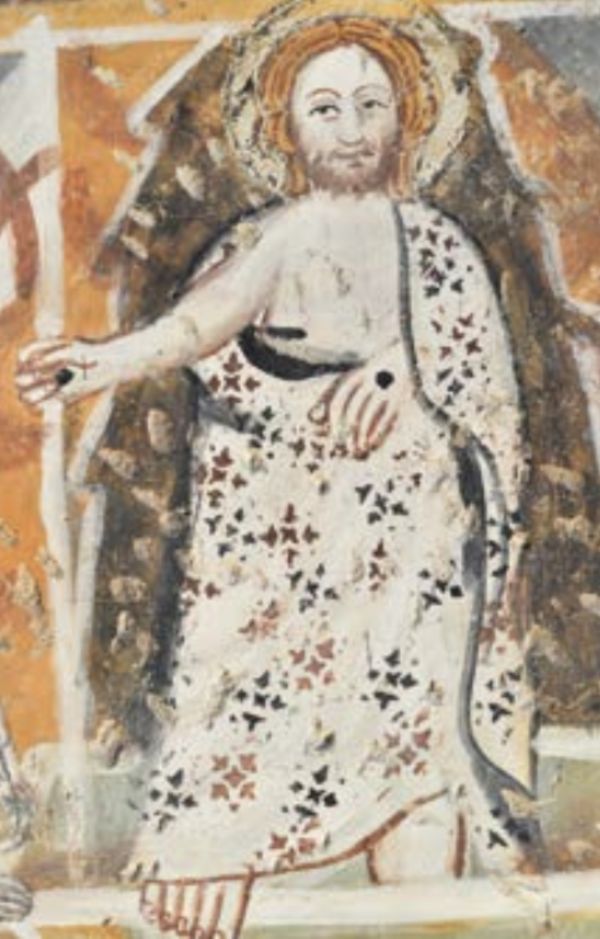Between intimate struggle and not opposing the evil one
(Mt 5:43-48)
Jesus proclaims that our heart is not made for closed horizons, where incompatibilities are accentuated.
He forbids exclusions, and with it resentments, communication difficulties.
In us there is something more than every facet of opportunism, and instinct to retort blow by blow... to even the score... or close oneself in one's own exemplary group.
In Latin perfĭcĕre means to complete, to lead to perfection, to do completely.
We understand: here it’s essential to introduce other energies; letting mysterious virtues act... between the deepest spaces that belong to us, and the mystery of events.
Otherwise we would assimilate an external integrity model, which doesn’t flow from the Source of being and doesn’t correspond to us in essence.
Within the paradigms of perfection, the captive Uniqueness would no longer know where to go.
Diamonds seem perfect - but nothing is born of them: God's ‘perfect’ ones are those who go ‘all the way’.
Jesus doesn’t want the existence of Faith to be marked by the usual hard extrinsic struggle - made up of intimate lacerations.
There are differences; however He orders to subvert the customs of ancient wisdom and divisions (acceptable or not, friend or foe, near or far, pure and impure, sacred and profane).
The Kingdom of God, that is the community of sons - this sprout of an alternative society - is radically different because it starts from the Seed, not from external gestures; nor does it use sweeteners, to conceal the intimate confrontation.
Events spontaneously regenerate, outside and even within us; useless to force.
The growth and destination continues and will become magnificent, also thanks to the mockery and constraints set up in an adverse way.
Surrendering, giving in, putting down the armor, will make room for new joys.
Fighting what appear to be “adversaries” confuses the soul: it is precisely the stumbles on the intended path that open up and ignite the living space - normally too narrow, suffocated by obligations.
Subtle awareness and perfection that distinguishes the authentic new man in the Spirit from the barker who ignores the things of the Father and seeks laboured shortcuts, by passing favours and 'bribes' in order to immediately settle his business with God and neighbour.
Loving the enemy who [draws us out and] makes us Perfect:
If others are not as we have dreamed of, it’s fortunate: the doors slammed in the face and their goad are preparing us many other joys.
The adventure of extreme Faith is for a wounding Beauty and an abnormal, prominent Happiness.
The ‘win-or-lose’ alternative is false: one must get out of it.
Here, only those who know to wait will find their Way.
To internalize and live the message:
What awareness or purpose do you propose in involving time, perception, listening, kindness? Appear different from your disposition, to please others? Get accepted? Or become perfectly yourself, and wait for the developments that are brewing?
[Saturday 1st wk. in Lent, March 15, 2025]












